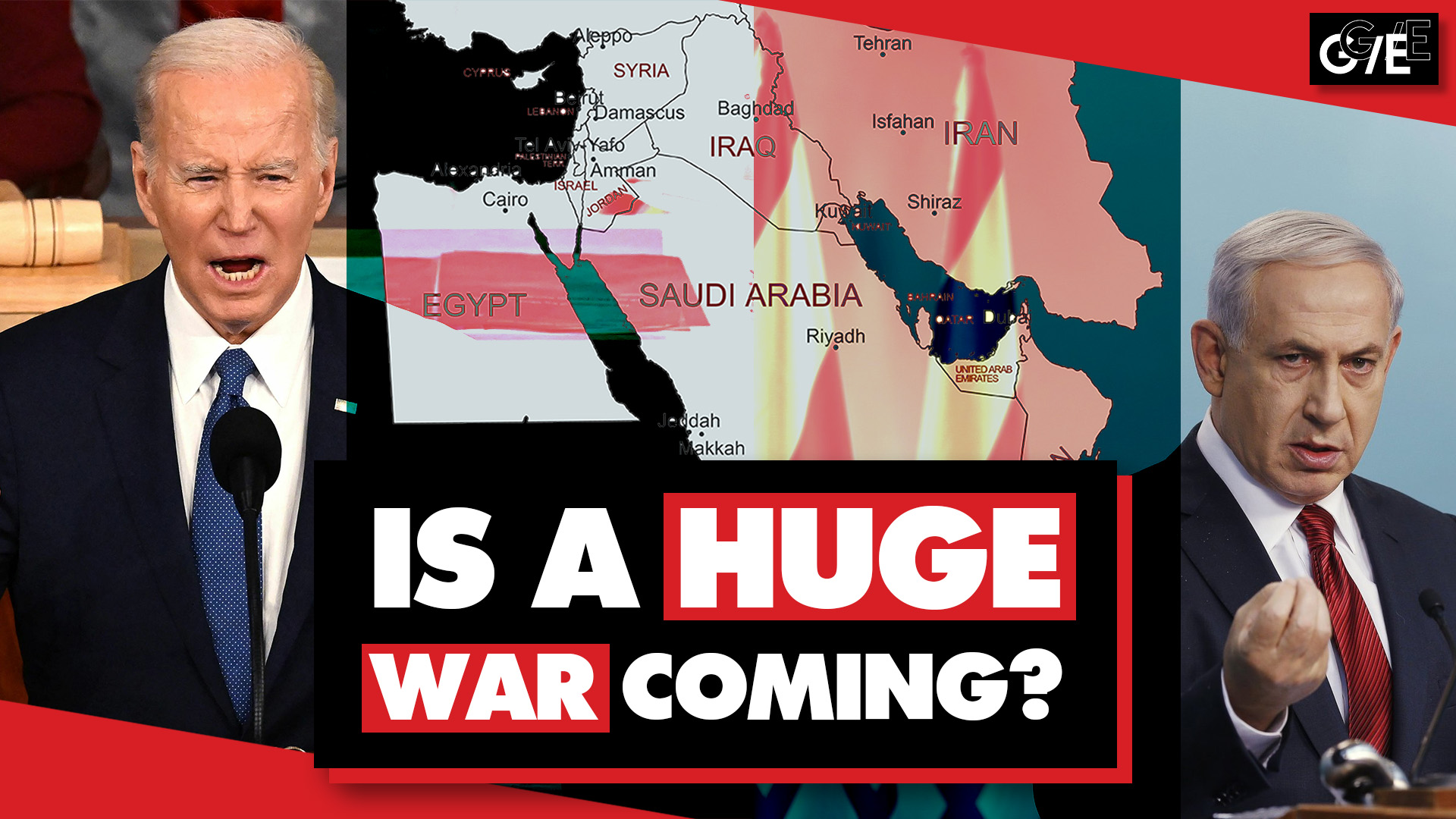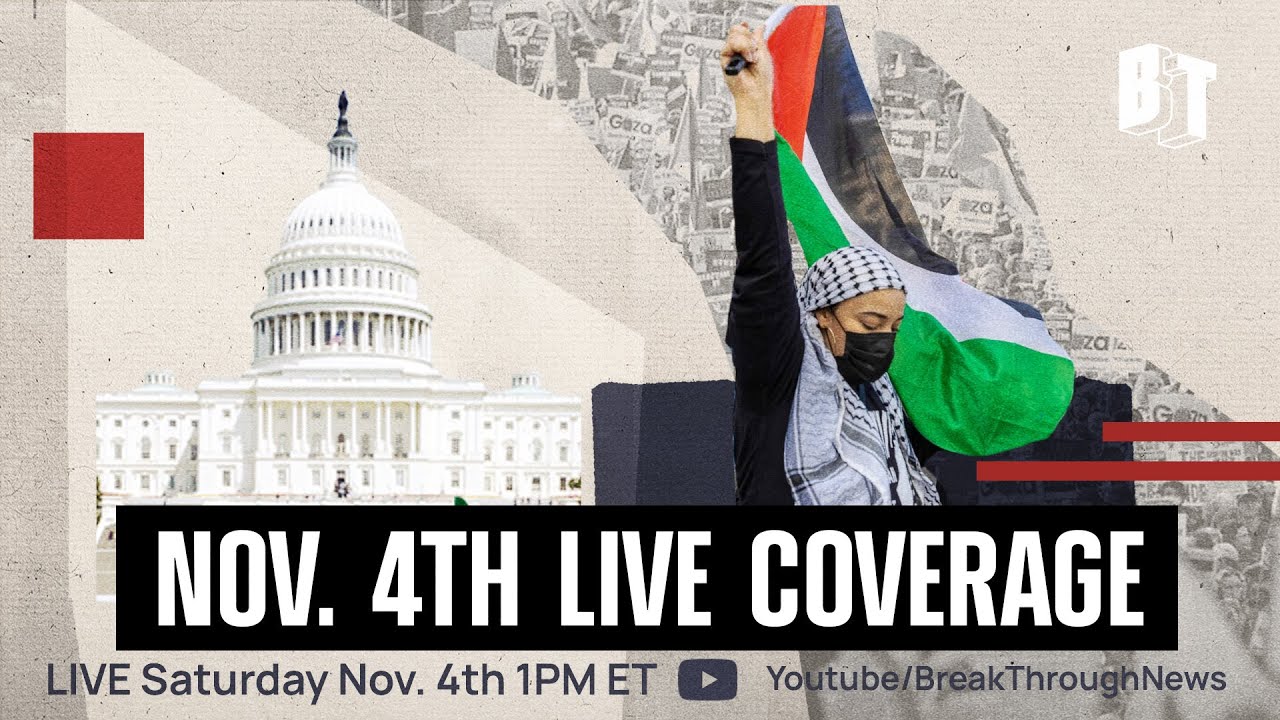communist (PSL ☭) unix nerd who likes to unplug
fountain pen + traveler’s notebook, long hair + hats, photography, and spinning indie records that could be cooler than yours (but probably aren’t)
liverpool fc supporter - you’ll never walk alone
homepage: ~savoy
- 66 Posts
- 29 Comments

 10·11 months ago
10·11 months agoIt’s an incoherent mess, I was just compelled to share my misfortune with lemmygrad when I found it (sorry lol). And I briefly thought of refuting all the shit he spewed, but honestly my time is better spent doing anything else!

 2·11 months ago
2·11 months agoAnd I have no shame in saying it’s I Can See You by Taylor Swift!
This shit happens all the damn time where I live. By the end of the day it’s a trash pile as high as the container

 13·1 year ago
13·1 year agoThere’s a huge difference between expanding the Fediverse and allowing it to grow organically vs allowing communication with an entity as large and insidious as Meta, which Eugen doesn’t seem to get.
There are comparisons to be made between Meta adopting ActivityPub for its new social media platform and Meta adopting XMPP for its Messenger service a decade ago. There was a time when users of Facebook and users of Google Talk were able to chat with each other and with people from self-hosted XMPP servers, before each platform was locked down into the silos we know today. What would stop that from repeating? Well, even if Threads abandoned ActivityPub down the line, where we would end up is exactly where we are now. XMPP did not exist on its own outside of nerd circles, while ActivityPub enjoys the support and brand recognition of Mastodon.
This is the most ridiculous part to me. If Meta get to the point of locking people out and created a walled-garden separate from the Fedi, it’s because they accomplished their goal of taking users and content away. And until they reach that goal, the Fediverse would be harmed by the outpouring of shit, spam, corporate product placement, ✨influencers✨ etc. that plague mainstream social media. Also XMPP was disallowed growth because of Google abandoning it, and that would happen here as well.
I just hope that most instances out of principal block them, but it isn’t looking so great.

 13·1 year ago
13·1 year agoFor sure, people definitely should be educated on what data is open (posts/comments), closed (voting on Lemmy as kbin seems to show them publically), “private” (DMs which are explicitly described as not private and to use Matrix etc. for actual encryption), or secure (Matrix). I feel like a lot of us on Lemmygrad are aware of privacy more than the average netizen, but it wouldn’t hurt to have a primer for new users.
I think for social media the best thing would just be compartmentalization of identities, so the usual advice of don’t give away too much of who you are and keep usernames separate unless you want them to be connected/known.

 1·1 year ago
1·1 year agoI’ll disagree on Mastodon being unique given it’s an animal and a band - for a long time in its history it was always under those. It’s been helped on the search results front though given it’s increasing popularity (and I’m guessing yet another new surge due Twitter’s rate-limiting). In time once Lemmy continues to grow, I’m sure it’ll get pushed up in search rankings as well.

 5·1 year ago
5·1 year agoI pretty much only post news on Lemmygrad communities so I don’t have to deal with reactionaries, which I’m also not online enough take the time to interact with. I do agree that we should build our communities and then crosspost to others to help spread info, but I’ll rely on others for that 😅

 18·1 year ago
18·1 year agoThere’s a lot of info and discussion on this post that explains why. Pretty much that voting has never been private on other platforms as votes must be tied to users, otherwise users could add more than one vote per post. And this data must also be federated so that other instances’ posts are also safeguarded.
Lemmy isn’t designed as a privacy platform, it’s a socia media type link aggregator powered by ActivityPub. And with this federation brings decentralization, where it’s possible to not share data with other instances, but it will have to be shared in some way with any linked instances. There are pros/cons to each style: the current issues with Reddit show the problems with centralization, and there’s going to be an adjustment period as more people join Lemmy who don’t already know about the Fedi.

 5·1 year ago
5·1 year agoDon’t make yourself feel like you’re a “bad communist” if you’re not spending every available hour of your life organizing. You could eventually come to resent your work or comrades and burn yourself out, none of which is healthy for you or your org. A rested, focused, energized, and optimistic you is going to be a lot more productive in organization, and you’re going to be mentally in a better place.
I’ve been down the route of using all my time for organizing, and it’s just not sustainable. Yes we’re dedicated communists and this is a sacrifice, but we’re not all Che. Each of us is not going to be a super-human organizer, which is why we build together as comrades and not individuals.

 15·1 year ago
15·1 year agoWe joined around the same time, and I definitely remember those days. And as Lemmy grows, we’ll always have Lemmygrad as our own space 🥰

 27·1 year ago
27·1 year agoI’ve seen far too many people pasting those raddle links as “proof” that lemmy is bad and to fear the scary tankies, yet they never compare anything to how reddit operates or the fact that lemmy is FOSS.

 125·1 year ago
125·1 year agoThe absolute hypocrisy of sh.itjust.works banning lemmygrad, a communist instance dedicated to the working people of the world and the antithesis of fascism, yet allowing the potential for fascists to find a community on their server.

 6·1 year ago
6·1 year agoFocusing on it is definitely unhealthy; you let that resentment build and you’re down a path of pessimism and a view that the working class cannot be saved. We just have to remember that there are reasons why people flock to things like mutual aid and uphold them as exemplary actions: it’s personal, (relatively) easy to accomplish compared to base-building, and given it’s limited scope satisfying to see you do something that directly helps a handful of those most stricken by capitalist hegemony.
Trying to work with them can be frustrating, but unless they’re actively hostile towards communists or deviations that counter the true needs of the working class, let them be. Use your energy to do what you know is right: organizing & agitating for socialism in a communist party.

 13·1 year ago
13·1 year agoPlus their sidebar gives away what kind of people they are.
We currently have a Mastodon account you can follow for major updates: @beehaw at fosstodon.org.
From what I’ve gathered on Mastodon, a lot of instances have blocked fosstodon.org for being full of libertarian techbro takes. It’s always a waste of time interacting with them. Plus I’d rather not lemmygrad be a shitposters instance, leave that to the chapos on hexbear.
 232·1 year ago
232·1 year agoRaddle is the distillation of the anarchist into the most concentrated form of brain-wormed online anarkiddie that spews the most toxic, vile, and backwards bullshit seen in any realm of “leftism”.
Thank fuck they’re contained in their echo chamber.

 342·1 year ago
342·1 year agoAnd we’re the ones who want to exist in self-affirming spaces? Liberals can’t see the hypocrisy of decrying the far-right yet acting exactly like them.

 12·1 year ago
12·1 year agoThe issue with communist discussion online is that many, more so the very online ones, place themselves in direct opposition of what liberals bring up, which in this case is that Zelensky is some “freedom fighter” while Putin is evil and genocidal. The liberal thinking is clearly wrong as Putin is not either of those, but the internet doesn’t always leave space for discussion and education; liberals refuse to see anything else and parrot what the capitalists tell them. Paired with internet culture of dunking on them, it’s easy for the very online to counteract it with what you’re describing as it’s a bigger pushback and more inflammatory.
The line should not be “critical support of Putin” but of focusing the argument on the point that the US and especially NATO. Debating whether Putin is good or bad isn’t a good use of time: he’s a product of the material conditions of Russia after the fall of the Soviet Union and the continued push by NATO on surrounding Russia in an attempt to choke them politically and economically. Otherwise it’s a mud-slinging fight of Zelensky vs Putin.
You bring this up, but it’s clear that many still try to lump Putin into the category of anti-imperialist leaders like Assad (to whom critical support makes more sense on anti-imperialist lines). It just shows how important it is to have professional & organized Marxist-Leninist parties that abide by democratic centralism. You have your party line and all members push and follow it, despite whatever internal discussion may be had.

 1·1 year ago
1·1 year agoThis is what makes our group different from the white anarchist — besides he views his group as already free. Now he’s striving for freedom of his individual self. This is the big difference. We’re not fighting for freedom of our individual selves, we’re fighting for a group freedom.
This is the clearest description on the fundamental core of anarchism; Huey put it perfectly. It just shows that anarchists have more in common foundationally with libertarians than actual socialists. Anarchists are individualists, and as such, see any fight towards the collective liberation of society at odds with their line of thinking. It’s also why anarchism is predominantly seen as a Western phenomena; individualism is central to capitalism, and especially the US (i.e. “rugged individualists”), so in ther mind they attempt to consolidate the two forms of thinking: they want to keep the benefits of being the privileged of the world in the center of imperialism and keep in line with its alienated and individualist nature, but twist what liberation would mean for the working class into an edgy ideology of “no gods, no masters”.
Anarchism or Socialism really hones in on that point as well.
The point is that Marxism and anarchism are built up on entirely different principles, in spite of the fact that both come into the arena of the struggle under the flag of socialism. The cornerstone of anarchism is the individual, whose emancipation, according to its tenets, is the principal condition for the emancipation of the masses, the collective body. According to the tenets of anarchism, the emancipation of the masses is impossible until the individual is emancipated. Accordingly, its slogan is: “Everything for the individual.” The cornerstone of Marxism, however, is the masses, whose emancipation, according to its tenets, is the principal condition for the emancipation of the individual. That is to say, according to the tenets of Marxism, the emancipation of the individual is impossible until the masses are emancipated. Accordingly, its slogan is: “Everything for the masses.”
Clearly, we have here two principles, one negating the other, and not merely disagreements on tactics.



















Apple.
I uses to be a huge Apple fan pre-2010. Everything worked, was smooth, wasn’t Windows, and it was fun trying out the terminal despite it being pretty useless for most things on Mac.
At the new decade is when it felt like Apple was becoming what it is today: a walled garden with priority of mobile devices at the detriment of Macintosh. Started to really look at Linux as an alternative (only tried Ubuntu in a VM around the time of Unity coming out) early 2010s, but didn’t make the full leap until around 2013 when I installed Linux Mint and got a Raspberry Pi to begin to mess around with. Now I solely run a mix of Debian and Void on all my machines and I couldn’t be happier.